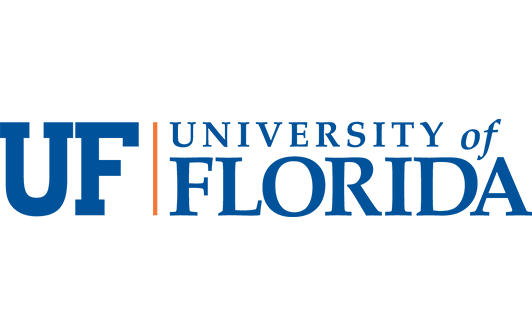University of Florida: Forum tackles how AI can help deal with global food security
With the world’s population predicted to hover around 9.8 billion by 2050, artificial intelligence could help feed people across the globe now and in the future. That makes artificial intelligence (AI) an ideal topic for the third Future of Food Forum on March 20 at the University of Florida.
You can register now for the forum, which will run from 8:30 a.m. to 4:45 p.m. at the Grand Ballroom of the Reitz Union at UF.
The UF/IFAS Global Food Systems Institute (GFSI), hosts the forum, during which scientists will attempt to start answering several key questions, said Gbola Adesogan, associate vice president and director of the GFSI.
“How can AI help us develop more resilient or crisis-proof food systems, given the disruptions to our food supply chains caused by COVID and the Ukraine war?” Adesogan said.
Other questions the forum will try to answer:
How can AI transform our food systems to be more efficient, climate-smart, sustainable, safe and less wasteful?
How will AI help small farmers in developing countries increase their yields?
“AI is going to transform the way we produce, store, distribute and market food in ways that will improve food safety, efficiency, resilience and sustainability,” Adesogan said. “It will help us to tackle crop, livestock and seafood pests and diseases earlier and more successfully, better predict when to harvest and how best to reduce losses, wastes and more.”
Adesogan will speak at the beginning of the forum, and he’ll be followed by Scott Angle, UF’s senior vice president for agriculture and natural resource and leader of UF/IFAS.
“This forum brings together three drivers of the emergence of UF/IFAS as a worldwide leader in improving food systems,” said Angle. “It showcases our efforts to harness the potential of AI for farms large and small, our recently reorganized international efforts under Dr. Adesogan, and our close partnerships with the foundations and international research organizations on the leading edge of efforts to feed the world.”
Charlie Li, a UF/IFAS professor of agricultural and biological engineering, who’s also speaking at the forum, provides several practical ways AI can help farmers:
Analyze large amounts of data to develop more resilient crop varieties.
Sensors, robots and drones collect data on crops and soil conditions, and AI algorithms analyze the data to provide actionable insights for farmers such as when to plant, spray, and harvest.
Detect diseases and pests early through image-recognition algorithms, helping farmers take preventive measures before the pathogens cause significant damage.
Predict and manage climate risks to prevent food supply chain disruptions.
The forum’s agenda includes sessions on how AI will revolutionize the future of agriculture and how it can help create crisis-proof, climate-friendly food systems.
Here are some examples, as provided by Li:
Help optimize use of resources in food production. For example, reduce nutrient and water use, which leads to less environmental impact.
Reduce food waste by optimizing supply chain management and predicting demand to prevent overproduction.
Stewart Collins, senior program leader for digital solutions at the Bill and Melinda Gates Foundation is the keynote speaker at 9:30 a.m.
In addition to Li, other UF/IFAS scientists speaking at the forum are Raquel Dias, a UF/IFAS assistant professor of microbiology and cell science and Karen Garrett, UF/IFAS plant pathology professor.
At 4 p.m., Jack Rechcigl, director of the UF/IFAS Gulf Coast Research and Education center, will speak about the new Center for AI in Agriculture planned to be built at the facility in Hillsborough County.

